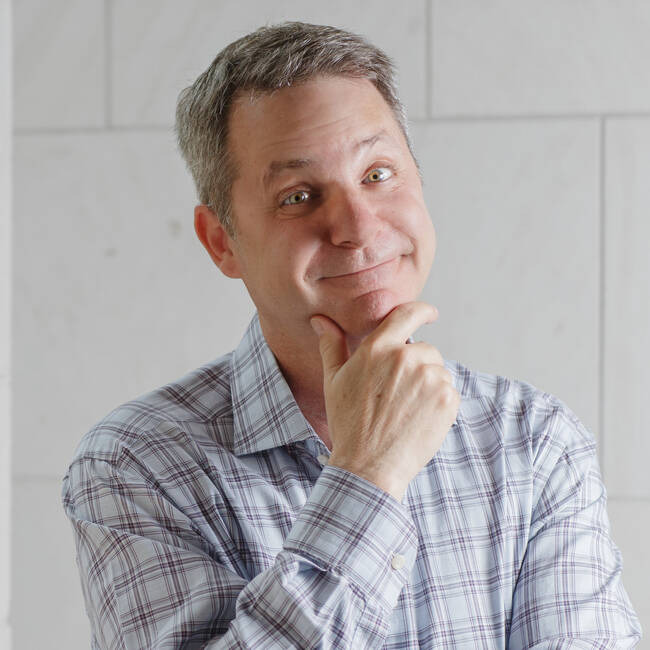
Wasn’t My Fault: Finding Humor and Motivation with Improv Humorist Joel Zeff

May 30, 2024
Joel Zeff
Energizes Your Group With Humor
In the world of motivational speaking, few can captivate an audience quite like Joel Zeff. With over 25 years of experience, Joel is a master at blending humor, energy, and valuable life lessons. His unique approach to motivational speaking stems from his background in improv comedy, a journey that began with a serendipitous encounter in Dallas. In this blog post, we explore Joel’s philosophy on life, change, and the power of humor in overcoming adversity.
The Serendipitous Start
Joel’s journey into improv comedy began in Dallas, where he moved for a job at the Dallas Times Herald. On his first weekend in town, he attended an improv show that would change his life. “It was like a moment in a movie,” Joel recalls, “where there’s a light shining and music playing.” Captivated by the performance, Joel immediately signed up for workshops, marking the beginning of his love affair with improv.
The Birth of a Motivational Speaker
Joel’s transition from improv comedian to motivational speaker was as unexpected as it was impactful. A pivotal moment came when a client from Texas Instruments asked him to perform improv at an executive retreat. Despite initial hesitation, Joel agreed, and the experience was transformative. “They loved it, and more importantly, I loved it,” Joel says. This event sparked the realization that he could combine his passion for improv with motivational speaking.
Embracing Change and Innovation
Change is a constant theme in Joel’s presentations. He emphasizes that improv is all about adapting to change and disruption, which are inevitable in life and work. “Improv teaches us to embrace change, not be afraid of it,” Joel explains. Through improv games and exercises, he demonstrates how being flexible and open to change can lead to success. “You don’t control change; you only control how you react to it,” he adds, highlighting a key lesson from his improv experience.
The Power of Communication
Effective communication is another cornerstone of Joel’s teachings. Improv requires participants to be present, listen actively, and respond thoughtfully—skills that are crucial in any professional setting. Joel encourages his audience to be more confident and comfortable in their communication, fostering better teamwork and collaboration. “It starts with listening and being present in the moment,” he emphasizes, underscoring the importance of these foundational skills.
Adding Fun to the Workplace
One of Joel’s signature messages is the importance of having fun at work. He believes that humor and play can significantly enhance the workplace environment, making it more productive and enjoyable. “People take in so much more when they’re having fun,” Joel notes. He often uses improv games to break the ice and encourage creativity, showing that even the most serious workplaces can benefit from a bit of levity.
Lessons from Unexpected Moments
Joel has had his fair share of surprising and challenging moments on stage. From being introduced right after the announcement of a CEO’s passing to dealing with an audience just informed of losing a major client, Joel’s ability to pivot and maintain a positive atmosphere is a testament to his skill. These experiences have taught him the value of staying in the game and finding humor even in difficult situations.
The Magic Harmonica
One of Joel’s most memorable stories involves a harmonica he calls “magic.” When the Dallas Times Herald closed, Joel chose to respond with humor. He played a blues note on his harmonica for the gathered media, symbolizing his decision to face adversity with positivity. This moment marked the beginning of Joel’s journey into stand-up comedy and improv, eventually leading to his successful career as a motivational speaker.
Joel Zeff’s journey from improv comedian to motivational speaker is a testament to the power of humor, adaptability, and positive thinking. His unique approach to motivational speaking not only entertains but also inspires audiences to embrace change, communicate effectively, and find joy in their daily lives. Whether it’s through his engaging presentations or his memorable anecdotes, Joel’s message is clear: life is full of unexpected moments, and how we choose to react can make all the difference.
To find more motivational speakers like Joel Zeff check out https://premierespeakers.com/motivational-speakers.









